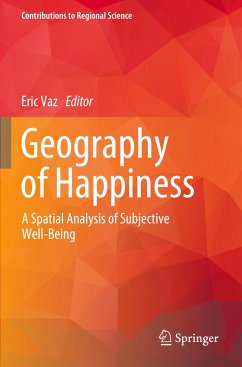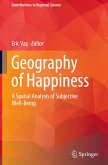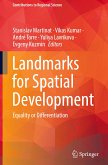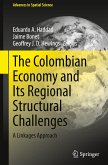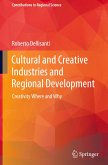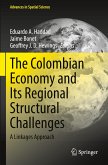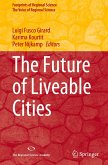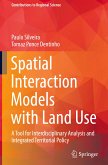This book offers readers a spatial understanding of happiness and subjective well-being. By integrating spatial and geostatistical methods, it sheds new light on the spatial and geographical aspects of subjective well-being. Geographical analysis allows us to measure spatial and regional discrepancies in subjective well-being and to identify heterogeneous profiles in terms of social, economic and environmental patterns. Consequently, the papers gathered here address various topics concerning the spatial aspects of subjective well-being, including social injustice, age, new urban spaces, and tourism.
The book proposes a multidisciplinary approach and is intended for scholars and students in the fields of geography, economics and the spatial sciences. By examining several critical dimensions of happiness and subjective well-being, it enriches the complexity of regional decision-making on the path toward happier and more liveable societies.
The book proposes a multidisciplinary approach and is intended for scholars and students in the fields of geography, economics and the spatial sciences. By examining several critical dimensions of happiness and subjective well-being, it enriches the complexity of regional decision-making on the path toward happier and more liveable societies.

